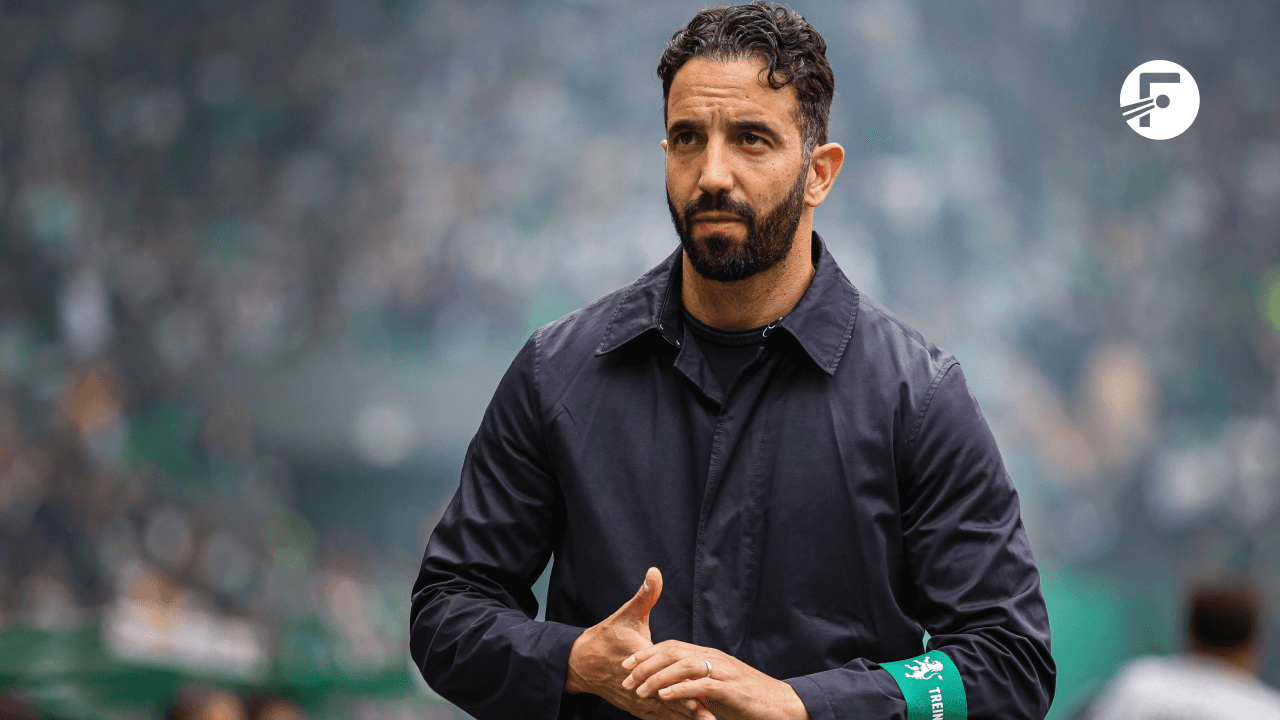Having won just one of their last eight matches, Manchester United finally pulled the trigger. After incessant pressure on his position, Erik ten Hag was sacked on Monday on the back of a loss to West Ham United that dropped the Red Devils down to 14th spot in the Premier League. They have moved swiftly to secure his successor, Rúben Amorim.
By Neel Shelat
When he joins the club, Rúben Amorim will become the youngest head coach in Manchester United’s Premier League history. The Portuguese tactician will be under instant pressure to deliver given the form they have been in since the start of the season, which has left them with just 11 points from nine English Premier League games and winless in the Europa League.
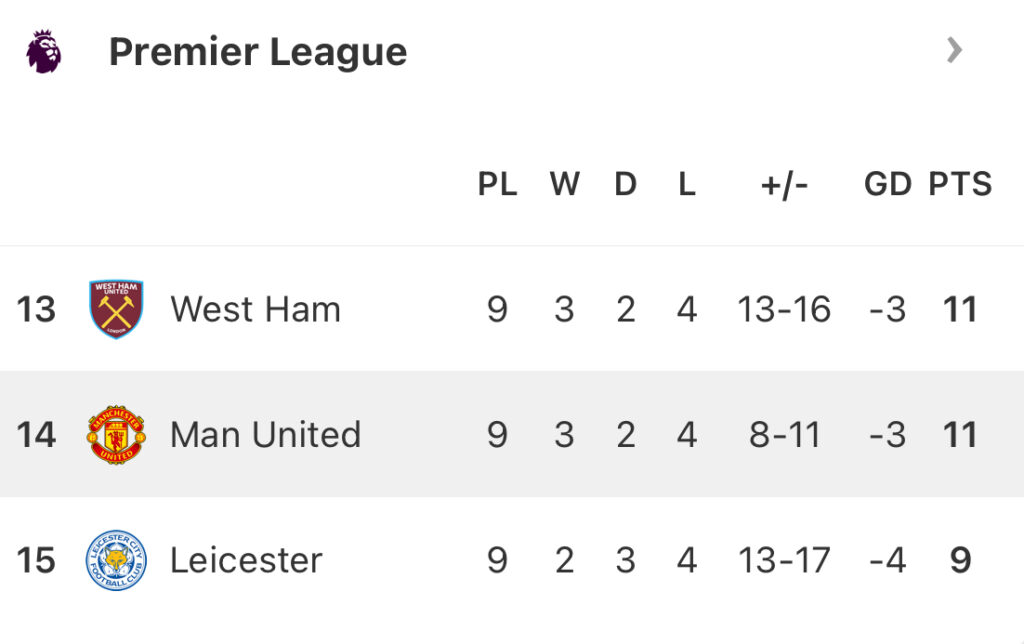
Whether he can get the Red Devils heading back in the right direction will depend on a few aspects.
Previous Work
After a decent playing career including well over 200 appearances for Portuguese sides including the likes of Benfica and Braga, Amorim quickly jumped into the world of coaching. He hung up his boots relatively early at the age of 32, so he was quite young when he joined the coaching staff of Casa Pia in 2018. A year later, he took his first head coaching role for Braga’s reserves and was soon promoted to the first team on an interim basis.
In three months at the club, he averaged 2.38 points per game and impressed so much that Sporting CP paid a €10 million transfer fee (a world record at the time for a coach) for his services in March 2020. Sporting’s director of football, Amorim’s former teammate and friend Hugo Viana, was the key driver behind that move, and his gamble certainly paid off.
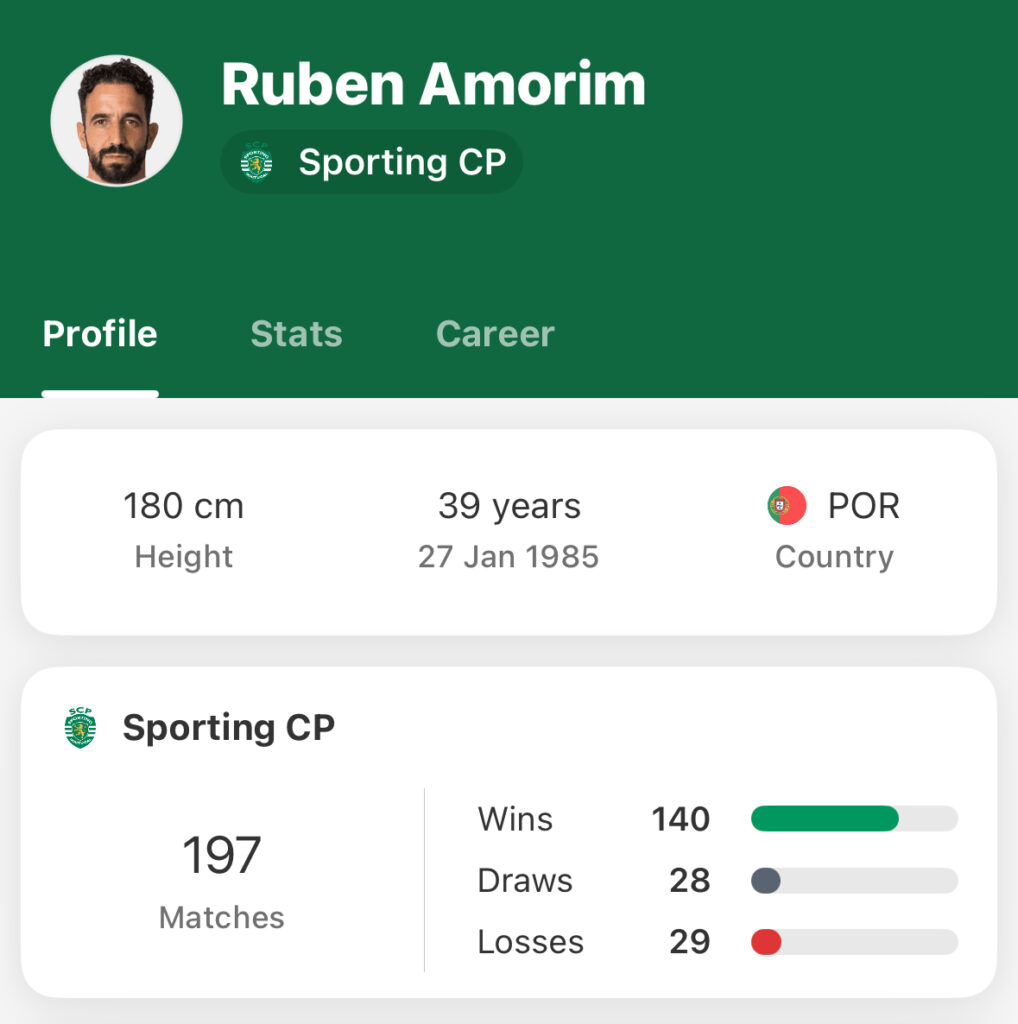
Sporting won their first Primeira Liga title in 19 years in Amorim’s first full season at the club, also lifting the League Cup to boot. They dropped off to second and fourth in the subsequent seasons but won the league again last term and have presently set a course for their first successful title defence since the 1950s.
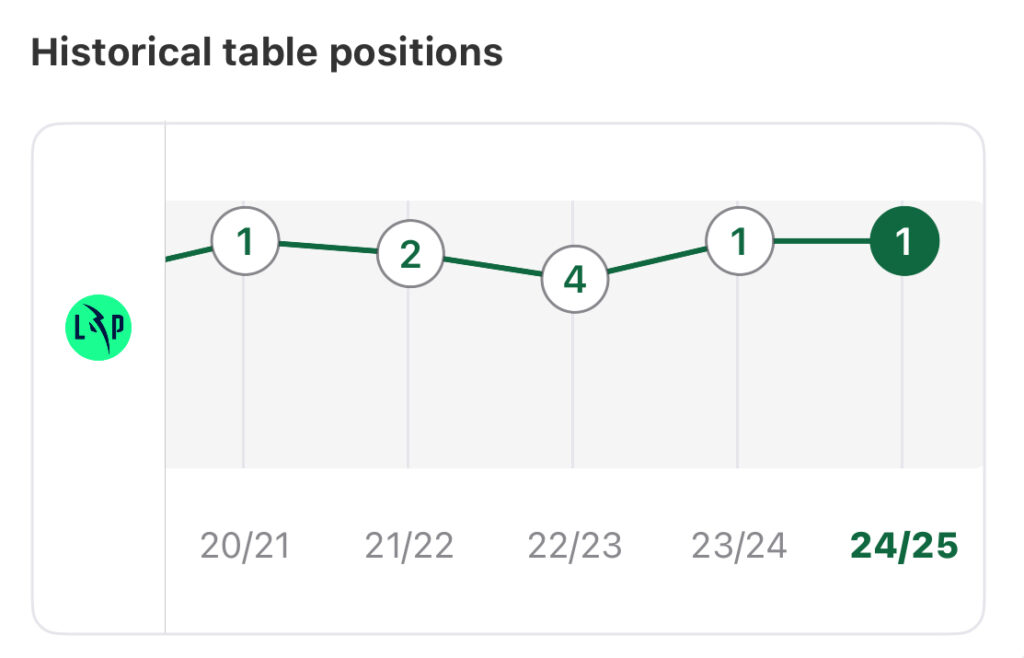
Similarities to Ten Hag
Interestingly, Amorim has some similarities to Erik ten Hag in terms of his overall tactical approach. While the formations and structures the two coaches use are generally different, their ultimate intentions overlap a fair bit in many aspects.
Ten Hag was quite open about his desire to make Manchester United the best transition team in the world, which effectively cost him his job as he stuck to this approach too adamantly in the end. Amorim should not be that extreme as he likes to control possession much more, but he tends to set his side up in quite an expansive manner as well.
In fact, there are some structural similarities in this respect. In possession, Ten Hag’s attacking structure often resembled a 3-1-5-1 or 3-1-6 shape due to asymmetric full-back movements. In Amorim’s case, this structure is far more easily achieved from his favoured 3-4-2-1 formation, as one central midfielder pushes up alongside the wing-backs.
Out of possession, the Dutch coach faced recurring issues with his pressing setups. His press was often disjointed and easily played through, forcing him to cede possession and drop his players into a more compact block. Amorim hasn’t really faced such long-term issues as his expansive press has mostly overpowered opponents in Portugal, but he has been forced to tone things down and drop his side back against stronger opponents in Europe.
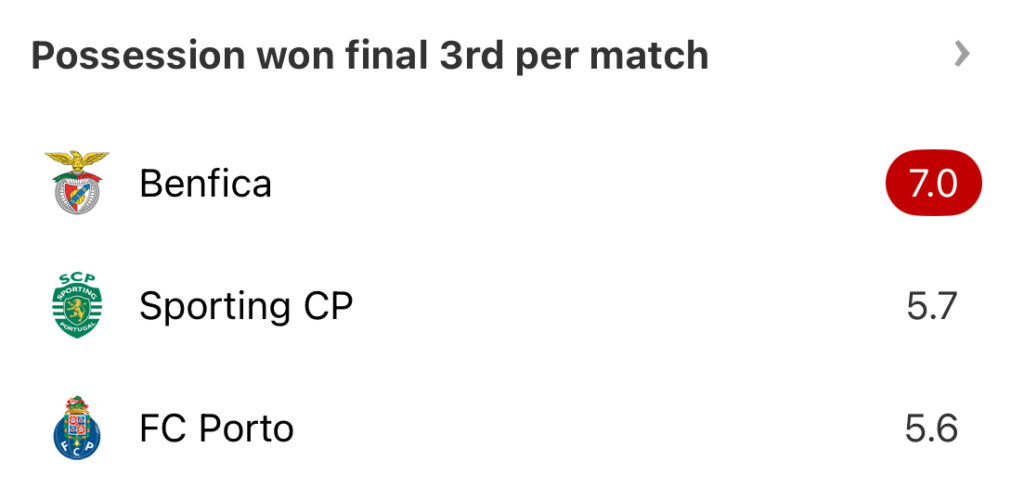
Ten Hag also had quite an impressive record at Ajax before joining Manchester United, so he faltered when it came to adjusting his tactics for a much more competitive league. Amorim will also face the same challenge, so he must be careful to not fall into the same trap.
Tactical tweaks needed
Amorim’s tactics made complete sense for Sporting’s squad and competitive contexts, but he obviously cannot copy and paste them at Manchester United.
The Red Devils have learnt the hard way under Ten Hag that a 3-1-6-adjacent attacking structure is not the right approach for them, as they kept getting cut open on the counterattack. Finding the right balance in midfield will be critical for Amorim, and he does have a good starting point with former Sporting defensive midfielder Manuel Ugarte. The Uruguayan international starred as a counterattack-killing lone number six in the Primeira Liga, but he will not have the same level of success in such a role against higher-quality Premier League attackers. So, Amorim will need his partner to stay back (as his defensive midfielders often did after Ugarte’s departure) and might want to be a tad conservative with his wing-backs as well.
The Portuguese tactician has generally made smart tweaks for big games in Europe and domestically, so Manchester United fans can reasonably hope that he will find the right solution. However, his record of just two wins in 14 meetings against Sérgio Conceição’s counterattacking Porto side suggests there should be some cause for concern as well.
The bigger issue, though, could well come on the out-of-possession side of things. As aforementioned, Amorim’s press at Sporting was very expansive. He used his front three particularly aggressively while the wing-backs naturally went up and down the flanks, leaving acres of space for just two midfielders to cover. While he could get away with that thanks to the clearly superior quality of his players relative to the average Portuguese opposition, that will not be possible in England.
The trouble is that Amorim has hardly ever shown different pressing structures in bigger games. Instead, he just asked his side to drop back into a compact mid block, which did hold quite firm in fairness. However, the tradeoff there is ceding possession and at least a degree of control to the opposition, which is not ideal for a club with high ambitions like Manchester United.
Transfers key for long-term success
Amorim will face a big challenge in the short term at least when imposing his back three system (which he is reportedly determined to stick to) on a squad designed to play a back four.
The wing back positions could be a major issue as the Portuguese tactician uses these players to add width to his attack, but many of Manchester United’s current full-backs are not best suited for such roles. Those who seem good fits have injury issues and therefore will not be immediately available. United’s lack of quality depth at centre-back will be another problem as they add a centre-back to their starting XI.
In midfield, Ugarte will be a key figure and should be ably partnered by either Kobbie Mainoo or Christian Eriksen depending on match contexts. Bruno Fernandes will likely operate in one of the attacking roles behind the striker, but he could be joined by anyone from Amad Diallo to Marcus Rashford.
Manchester United could do with some better fits in the attacking positions, but the defensive department has more pressing issues. The Red Devils backed their head coach quite heavily in the summer transfer window (which was a questionable decision), so Amorim will want to see them doing the same thing for the next couple of windows if he is to enjoy long-term success at Old Trafford.
(Cover image from IMAGO)
You can follow every Sporting OR Man United game on FotMob – with deep stats, xG, and players ratings. Download the free app here.
